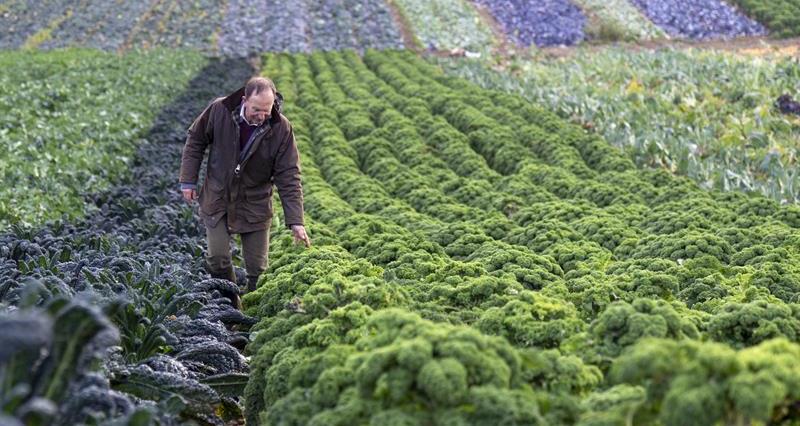Did you know...
- British farmers produce 3.5m tonnes of fruit and vegetables every year – on 153,000 hectares of land.
- In addition, British farmers grow 14,000 hectares of plants and flowers.
- The farm gate value of UK fruit, vegetables, plants and flowers is around £3.5bn.
- The UK horticulture industry employs approximately 40,000 permanent workers, plus 70,000 seasonal workers each year. UK growers meet strict health and safety and welfare requirements through the Red Tractor and Ethical Trade Initiative assurance schemes. These regulations and standards are in place to not only protect worker welfare, but also to give you peace of mind that your food has been picked in an ethical environment.
- Self-sufficiency of Fruit & Veg continues to decline each year. Britain currently produce around 56% of the vegetables we consume and 16% of the fruit we consume.
- The government’s Eat Well Guide recommends 40% of our diet should be made up of fruits and vegetables – this is equivalent to 7-a-day. Currently, UK consumers only eat on average 3 portions of fruit and veg a day.
- One of the fastest growing sectors of UK horticulture is vines for wine production.
About the industry
Horticulture is the area of agriculture involving the science of growing and caring for plants. It includes fruits, nuts, vegetables, herbs, ornamental plants and flowers. British Growing is a significant part of the overall food manufacturing sector, producing fresh food crops across the UK.
Ornamental plants are plants that are grown for decorative purposes in gardens and landscape design projects, such as houseplants and cut flowers and specimen display. The cultivation of ornamental plants are called floriculture and forms a major branch of horticulture.
Innovation in horticulture
While some fruits and vegetables may be more abundant during certain seasons, farmers use a variety of methods to help extend the growing season. Not only does this mean that you can enjoy British produce for longer, it also reduces the need to import. Methods used by British farmers include:
Glasshouse technology
Glasshouses allow produce to be grown and controlled in a microenvironment where the temperature can be managed. Farmers are now utilising glasshouse technology even further by using LED lighting and renewable sources of heat.
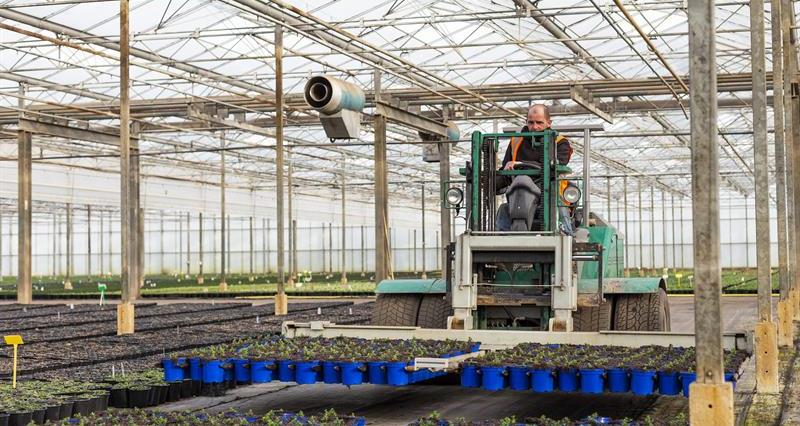
Plant breeding
Plant breeding involves the farmer looking at the genes of different plant species and identifying which ones are the strongest. The farmer would then crossbreed two or more plants together to create a new crop that has a mix of those strong genes and traits that the farmer earlier identified. Sometimes plant breeding is done to make sure the produce has better hardiness at the end of the season and will last longer.
Polytunnels
A polytunnel is a tunnel like structure, covered in plastic sheeting that is similar to a glasshouse. It allows the plants to grow in a much warmer temperature while protecting them from frost and weather damage to extend the growing season.
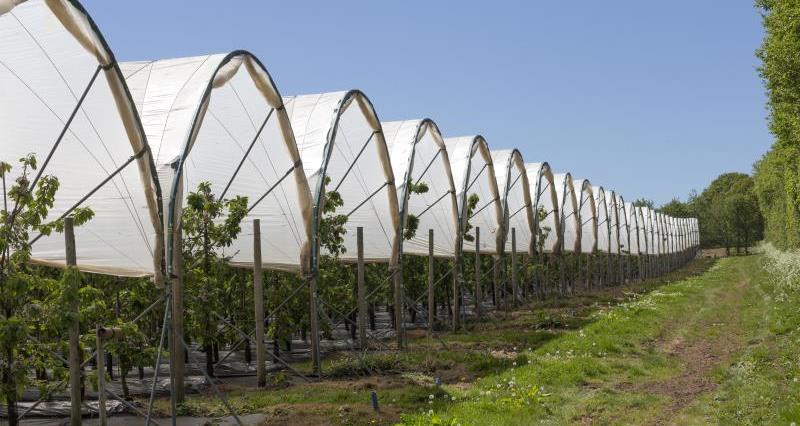
Environmental measures
Some farmers plant trees and hedges near growing crops to provide more shelter and protection from the weather.
The Fruit and Veg pledge
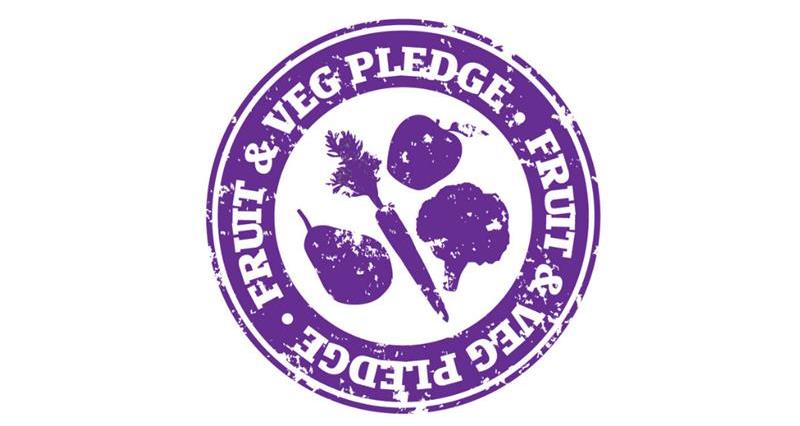
British growers’ pledge to:
Produce the highest quality, traceable and farm assured fresh fruit and vegetables that consumers increasingly demand. Growers will commit to investing in their businesses to achieve the highest levels of efficiency as well as investing in innovative new products and production techniques to extend the availability of British fresh produce for consumers. Read the Fruit and Veg pledge here.
Eating seasonally
Many fruits and vegetables are harvested throughout the year using different technologies. Because of longer growing seasons and good storage conditions, some British crops – like carrots, cauliflowers, potatoes and frozen British peas – are available to eat all year round, while others are more seasonal. Check out when your favourite seasonal British fruit and vegetables will be ready to buy in the shops. Take a look at our Seasonal Guide to British fruit & veg to find out when British fruit and veg is in season and available to buy.
The British wine industry
Yes! It’s a process called viticulture.
Grape growing and winemaking in the UK has changed dramatically during over the last 50 years; England and Wales now have approximately 2500 hectares (6200 acres) of vineyards, with around 700 vineyards (of which about 540 are commercial), and over 160 wineries producing world-class internationally award winning sparkling, white, rose and red wines. The UK produced 5.9 million bottles in 2017.
Horticulture and the environment
British growers minimise energy use, avoid as much waste as they can, recycle and encourage biodiversity while producing delicious food.
Here are just some of the practical steps apple and pear growers take to protect the environment:
- Plant the headlands of orchards (unploughed strips of land) with plants and shrubs that will attract bees and other beneficial insects to maximise pollination and reduce pests.
- Create and preserve habitats for beneficial insects which provide invaluable pollination and pest control.
- Put up nesting boxes for birds.
- Use pheromone traps to attract and control pests.
- Use mulches to control weeds and conserve water.
- Collect rainwater for irrigation and recycle water used in packhouses by filtering and purifying with UV light.
- Generate electricity for packhouses and cold stores with solar panels.
- British apple and pear growers are committed to a zero to landfill strategy. Cardboard, paper, wood and plastic are collected for recycling and pack-houses recycle 100% of these. Plus, every piece of fruit has a place either in fresh sales, in juice or in compost or animal feed.
Supporting the British horticulture industry
Buy British flowers - not only do British flowers usually have a better scent than imported ones, they will be fresher and last longer. Minimum distance means maximum vase life.
Find out more about the British cut flower industry here.
Buy british fruit and vegetables - buying British produce in season not only helps you to support the farmers who grow your food, but also reduces the environmental impact of food miles in your shopping basket. Fresh food in season often tastes better too!
Did you know...
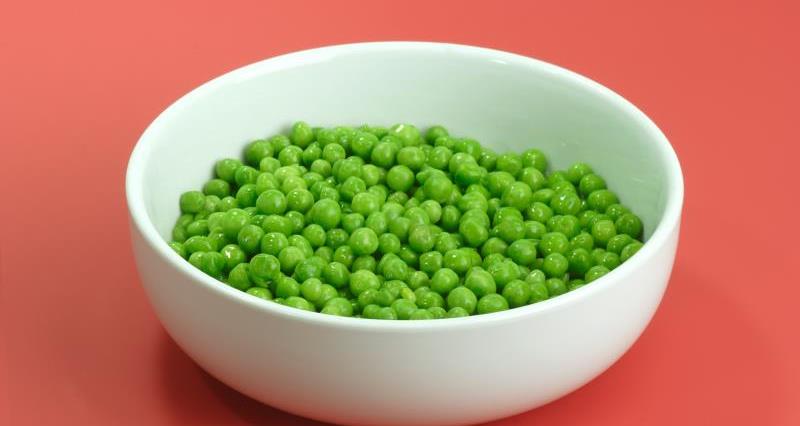
- ?On average everyone in Britain eats nearly 9,000 peas per year.
- There are 35,000 hectares of peas grown in the UK each year, equivalent to about 70,000 football pitches. This produces about 160,000 tonnes of frozen peas - that's 2 billion 80 gram portions.
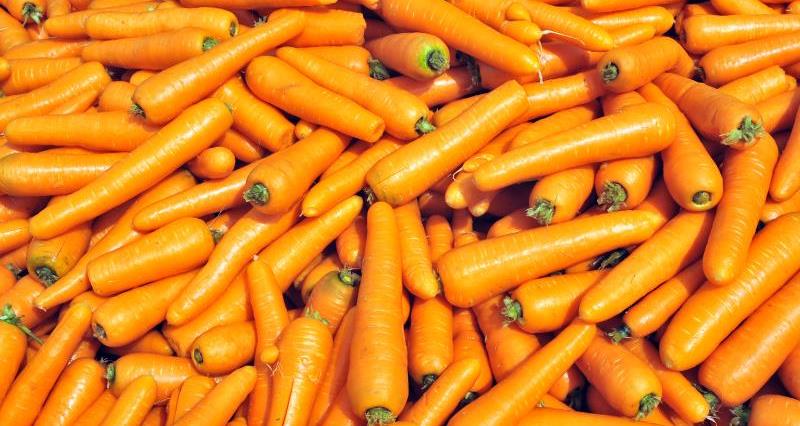
- We Brits eat our way through £290 million or 700,000 tonnes worth of carrots every year – that’s approximately 100 carrots per person.
- Each year 22 billion seeds are planted in Britain, producing around 100 carrots per year for every member of the population.
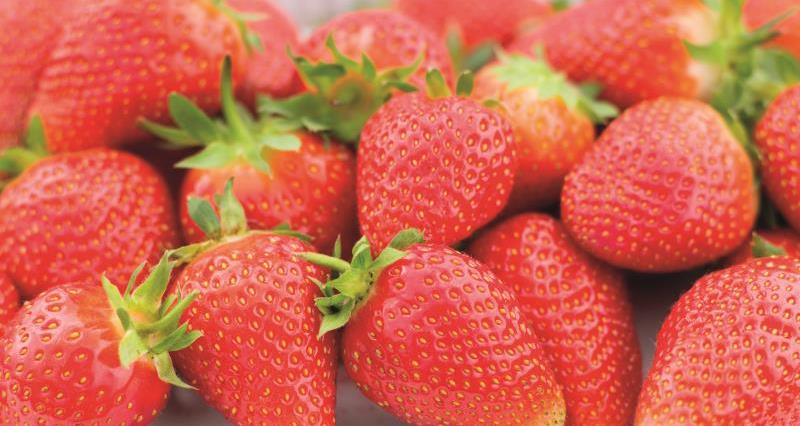
- Strawberries are high in fibre, low in calories and sugar, and contain no fat.
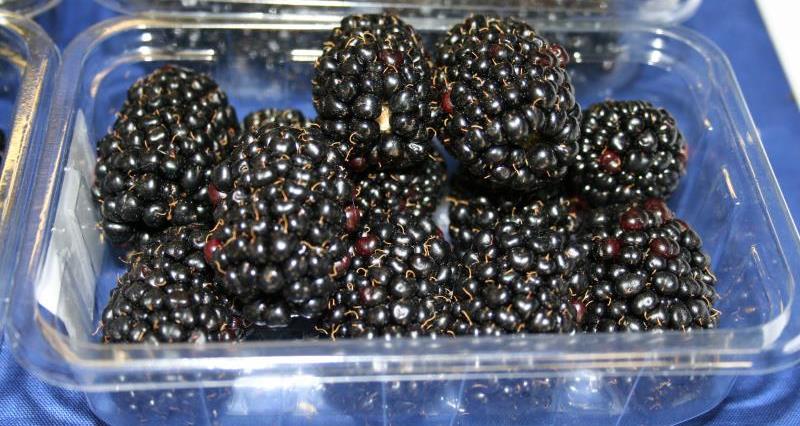
- The British blackberry season begins in July, reaches its peak in August and continues until the first frosts in November.
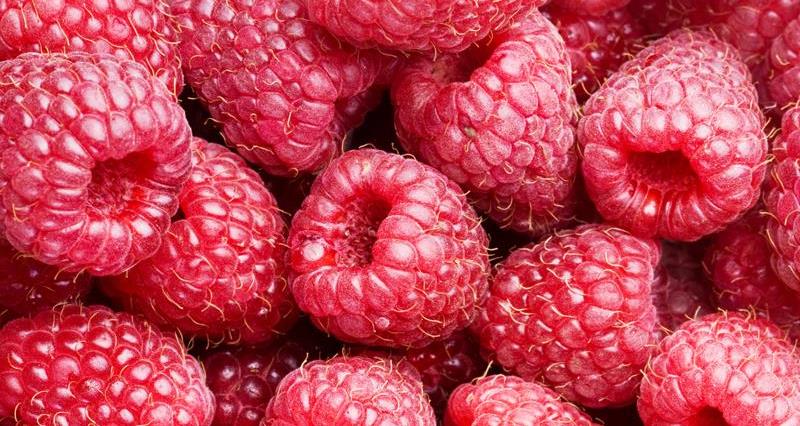
- Just one cup of raspberries contains 12% of your RDA of Vitamin K which supports healthy bones.
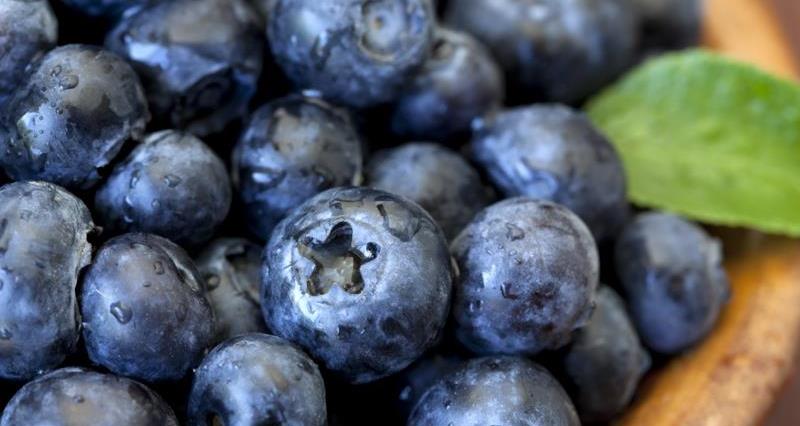
- British blueberries are available from June until September and the start of the season usually features the Duke variety. To guarantee local fruit can be supplied until late September, growers have planted special varieties for full flavour and a greater shelf life.
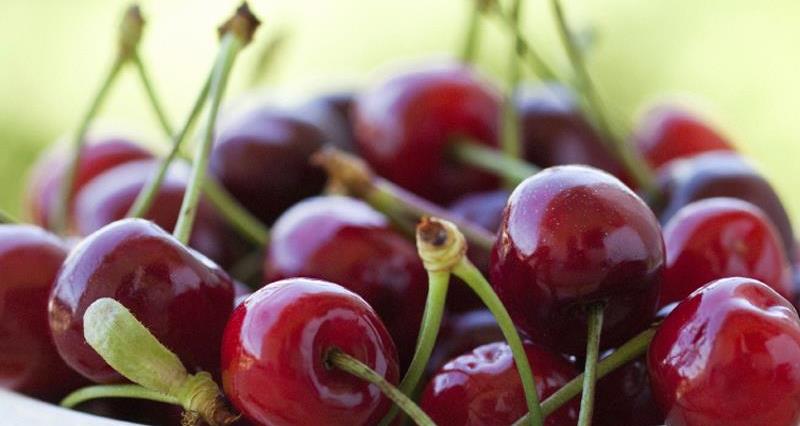
- 100g of cherries provide 25% of the recommended daily allowance of vitamin C.
